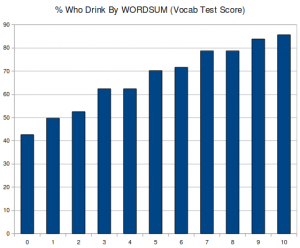We wish our American readers an enjoyable Super Bowl Sunday; and our non-American readers an enjoyable start to the week.
We ourselves have made chicken wings for the game, and just updated our recipe: Chicken Wings.
Here are a few other recipes for finger-food that doesn’t distract from sports viewing:
- Pork Spare Ribs, Dec 6, 2011
- Onion Rings, Sep 25, 2011.
- French Fried Potatoes and Sweet Potatoes, Jul 17, 2011
What about beverages? We normally suggest wine as a healthful alcoholic beverage, but beer is more popular in the United States. We tend to neglect beer, because it is made from grains and therefore is presumptively non-Paleo. However, fermentation removes most of the toxins, and beer has some redeeming features:
- Various health benefits have been observed from consuming the bitter acids found in beer.
- Beer is among the best food sources of silicon in its most desirable form, orthosilicic acid. This is one of our optional daily supplement recommendations because many people are deficient in silicon, which supports bone health.
I therefore, following in one of the prouder traditions of the Catholic Church, declare a dispensation supporting the consumption of beer on football days.
Enjoy the game!












Recent Comments